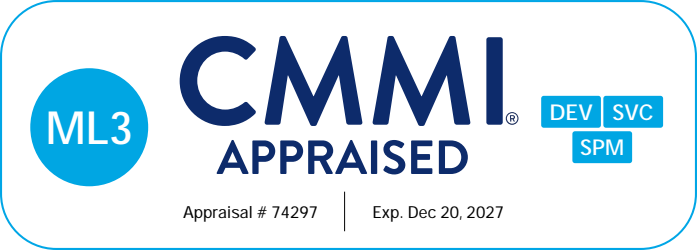Cyber threats have become a big concern for businesses of all sizes in the modern digital world. As more sensitive information is kept and communicated online, it is essential for organisations to understand the risks of cybercrime and take precautions against them.
Data breaches are one of the main risks associated with cyber attacks. These attacks can lead to the theft of sensitive information, including customer data, financial data, and intellectual property. A data breach can have significant implications, including financial losses, loss of customer trust, and reputational harm.
Phishing is another popular form of cyberattack. Phishing scams employ phoney emails, websites, and phone calls to deceive victims into divulging personal information, such as passwords and financial data. These attacks can result in the theft of critical information and the compromising of entire networks, which can be devastating for enterprises.
Businesses should employ effective cybersecurity procedures to protect against these and other cyberthreats. This may involve employing firewalls, antivirus software, and intrusion detection systems, as well as providing personnel with cybersecurity training. In addition, firms should have a robust disaster recovery plan in place in case a cyber assault occurs.
Additionally, it is essential for firms to remain current with the newest security trends and technologies. This involves routine software updates, patching of vulnerabilities, and monitoring for indications of cyber attacks. By remaining aware and proactive, organisations may limit their vulnerability to cybercrime and protect their sensitive data.
Cyberattack threats are serious and increasing. It’s vital for organisations to understand these threats and take efforts to defend themselves, including installing robust cybersecurity safeguards, giving cybersecurity training, and being educated about the newest security trends and technologies. By doing so, organisations may lower the risk of cybercrime and keep their critical information protected.

